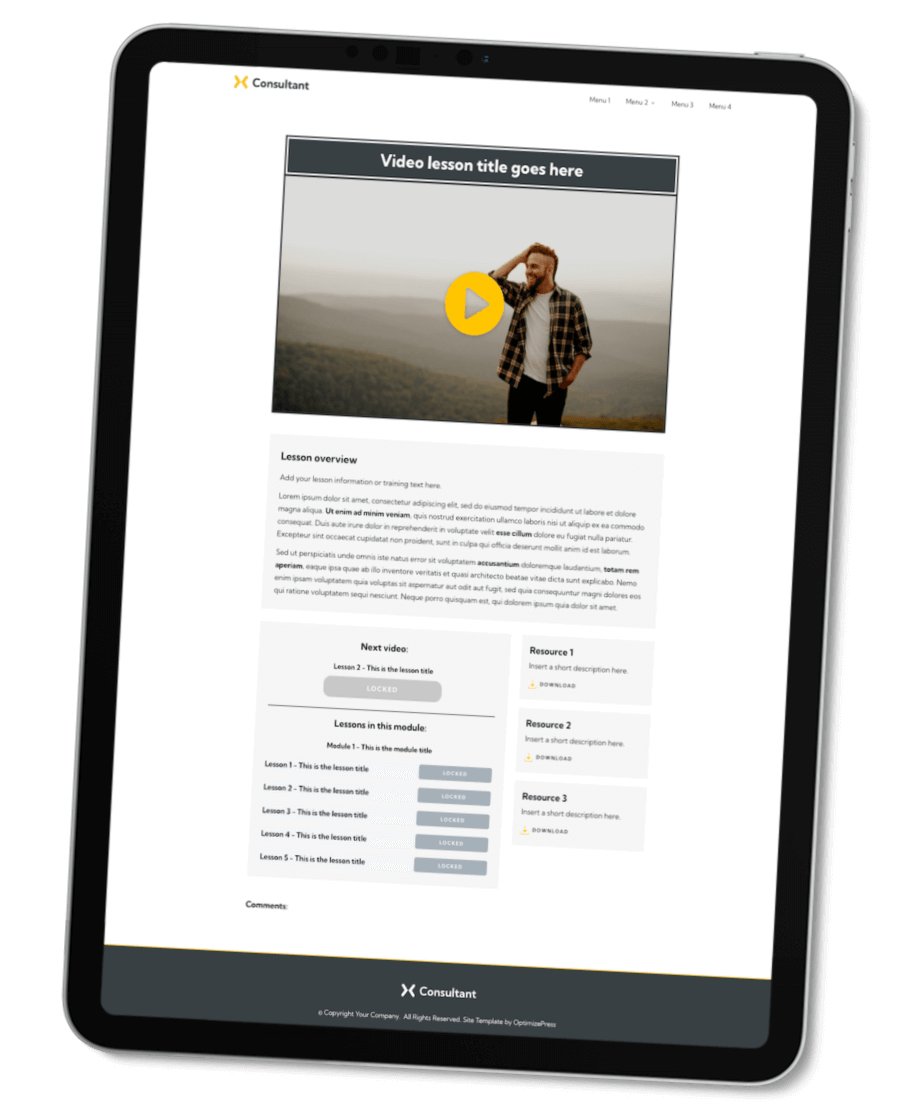How do you start meditation for beginners?
In Buddhist philosophy, the ultimate benefit of meditation is to liberate the mind from attachment to things it cannot control such as strong emotions and external circumstances. The “enlightened” practitioner gains a sense of inner harmony as he or she exercises control over their feelings, and is able to move on from negative experiences.
Have you always wanted to achieve this sense of calm and harmony? Do you want to try meditation but don’t know how to get started? At the end of this article, you’ll be able to build (and stick with!) your own daily meditation practice.
How to meditate in 9 easy steps:
- Find a quiet place to sit on a chair with feet flat on the ground or cross-legged on the floor.
- Make sure your spine is completely straight.
- Close your eyes and take a deep breath in, following your breath from your nose to your lungs.
- Exhale and follow your breath out from your lungs through your nose.
- Notice how your muscles begin to unwind and release tension as you exhale each time.
- Repeat for 3-6 rounds.
- On your last exhale, sit still and place your attention on your heart while thinking of something you're grateful for.
- Allow yourself to bathe in that feeling of gratitude for as long as possible.
- Try a guided meditation to deepen your practice, like the one in this video below (or download it here):
Commit to your chosen time, place, and practice.
Practicing these steps to begin meditation at the same place and time every day makes it easier for it to become part of your life. After a couple of weeks, when it’s time to meditate, your body and mind will naturally, automatically put themselves in the right state for the practice. With an established routine, you will be able to deepen your meditative state at an exponential rate the more you practice.
Find a meditation buddy and/or join a community.
Accountability is a powerful tool to keep you committed to creating new habits. We’re more likely to commit to something when we’ve told someone else we’re going to do it. Join a group like Personal Development Without The Fluff to share with other like-minded people that are committed to their mediation practice and inner growth.
Practice non-judgment by being kind and patient with yourself.
This is a very important and powerful tip to help you make the right steps to begin meditation as a regular practice. Meditation is a time to be at peace with yourself. There is no right or wrong when you meditate. It’s easy to think that being distracted, fidgeting, or having your mind wander is “wrong,” but these are totally natural.
Meditation isn’t about fighting or resisting these natural occurrences, it’s about experiencing them and allowing them. So, do not put pressure on yourself by thinking your practice has to be perfect all the time. Have gratitude for where you're at. Allow yourself room to breathe and practice patience, compassion, and kindness towards yourself.
